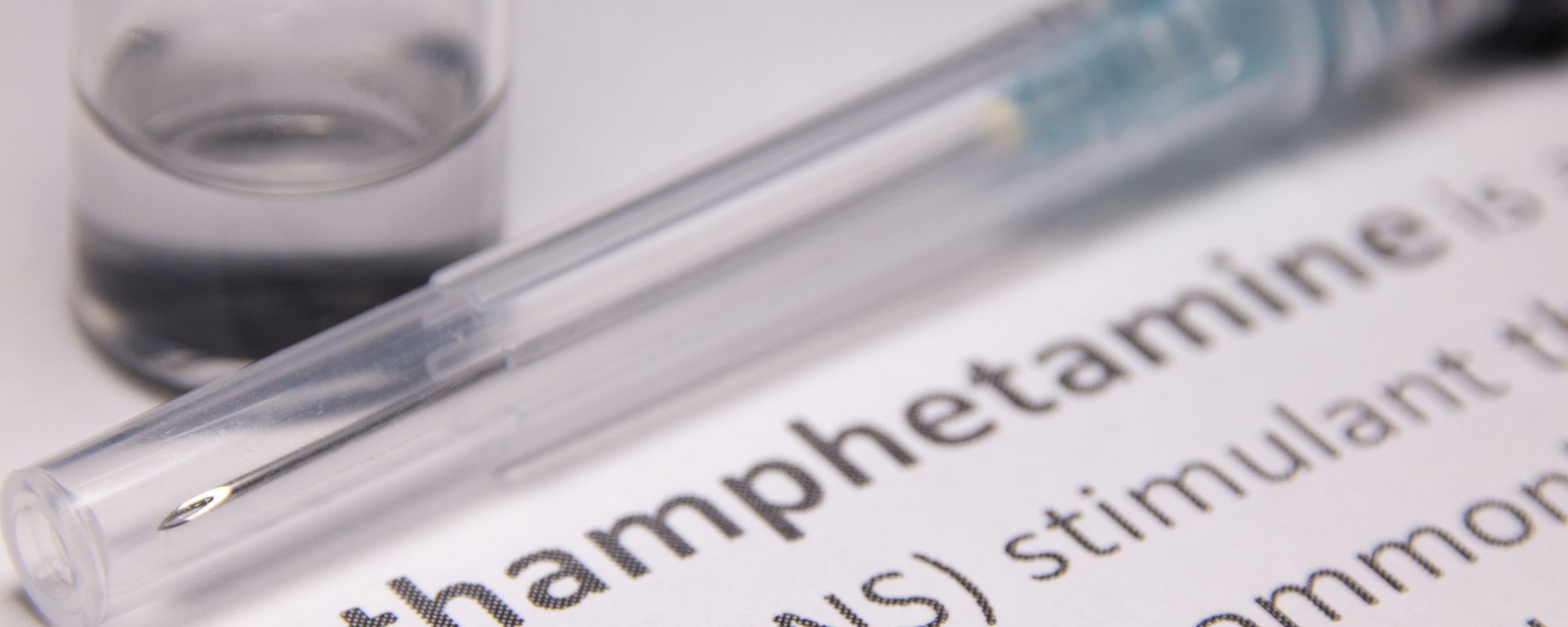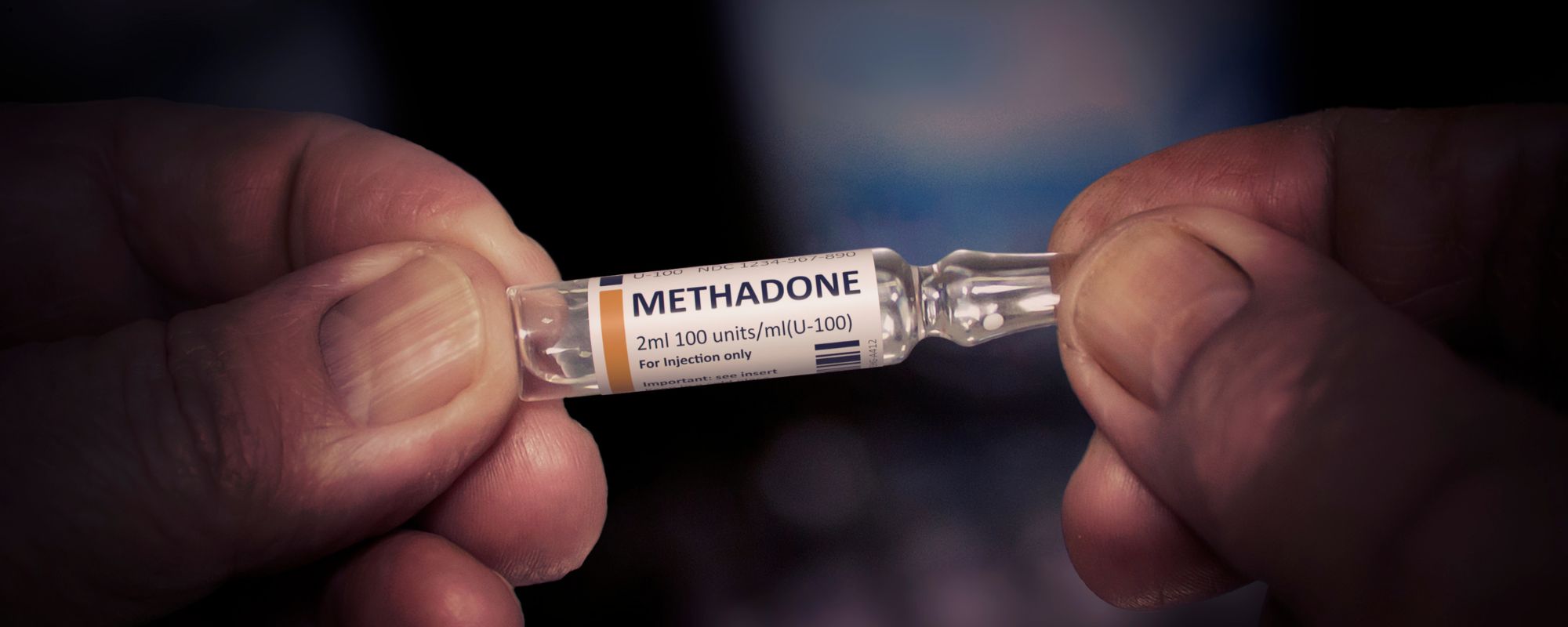If you are new to living sober, the start of the new year can be a great time to set your goal of reaching 1 year sober. As this year comes to a close, there is no better time than now to reflect on your accomplishments with sobriety thus far and determine how you want to move forward with sober living in 2024.
What Does It Mean to Be Sober?
When you successfully overcome an addiction and start your sobriety journey, this is a life-long commitment that can bring significant meaning and reward to your life. It is important to keep in mind that, while your sobriety definition may not be exactly the same as someone else’s, there are still basic rules that apply to this state of being.
For those recovering from alcoholism, drug dependence, or other addictions, being sober often refers to complete abstinence from all mind-altering substances. This can include anything from alcohol and drugs to gambling or even certain food types, depending on your individual recovery journey.
Of course, sobriety in recovery goes beyond just not using. It encompasses personal growth, building healthy relationships, managing emotions constructively, and developing your purpose in life.
Ultimately, the meaning of “sober” is personal and can vary depending on individual circumstances and perspectives. What is most important is that you are living a life that you can be proud of and is substance-free.
What Happens to Your Physical and Mental Health in Sobriety?
Entering sobriety is a courageous step that brings with it a multitude of positive changes to both your physical and mental health. It’s a journey with ups and downs, but the long-term rewards are truly remarkable.
When it comes to your physical health, sobriety can have incredible benefits, including:
- Enhanced brain function, as your brain is able to heal from the effects of substance abuse and function at its full potential.
- Improved sleep as the disruption of sleep patterns caused by substance use diminishes, leading to deeper, more restorative sleep. This boosts energy levels, improves mood, and strengthens your immune system.
- Overall health improvement with the absence of substance damage, allowing your physical health to flourish. This can include improved organ function, lower blood pressure, and reduced risk of chronic diseases like cancer and heart disease.
Of course, your physical health will not be the only thing that benefits from your sobriety. Your mental health will also flourish as well, including:
- Emotional clarity as substances no longer cloud your emotions, allowing you to gain a clearer understanding of your feelings and motivations. This makes way for healthier relationships, improved self-confidence, and overall emotional well-being.
- Reduced anxiety and depression as sobriety allows you to address your mental health issues without the chemical masking, paving the way for healing and effective management of your symptoms.
- Increased resilience as you work to build emotional resilience and coping mechanisms in recovery, helping you develop healthier ways to handle stress and navigate difficult situations.
- Personal growth as your sobriety allows you to open doors to self-discovery and personal growth. You have the opportunity to explore your values, interests, and goals, leading to a more fulfilling and authentic life.
It is important to remember that the journey to sobriety is unique for everyone. While this process can come with challenges and curveballs, with strong support systems, professional help when needed, and an unwavering commitment to recovery, the long-term benefits of sobriety are undeniable.
Are you struggling with substance abuse and mental illness?
Royal Life Centers at Seaglass is here to help you recover. Because we care.
How to Set Goals in Sobriety
Setting goals in sobriety is a crucial step toward sustained recovery and personal growth. While this can feel complicated, there are several things you can do to establish sustainable and effective goals for your sobriety.
The first thing you should keep in mind when setting goals in sobriety is to focus on what you want, not what you are giving up. Instead of framing your goals around abstaining from substances, reframe them around positive aspirations. Defining the achievements and improvements you want to make will give you a stronger sense of purpose and motivation.
It is also important to start small and specific with your goals, as setting vague or overly ambitious goals can be overwhelming and lead to discouragement. Instead, break down your larger aspirations into smaller, achievable steps. Specific, measurable goals will give you a clear roadmap for progress and allow you to celebrate your milestones along the way.
Recovery is rarely a solo journey. Surrounding yourself with people who support your sobriety can help you stay accountable to your goals, as well as provide you with a source of encouragement and people who will celebrate your achievements.
Finally, it is important to be flexible and adaptable throughout your recovery process. Life will hand you curveballs, so it is important to be prepared to adjust your goals as needed if unforeseen circumstances arise. Remember, progress, not perfection, is the key to success in sobriety.
It is okay to seek professional help if needed during this time. Addiction specialists and treatment professionals can provide valuable guidance and support as you set and achieve your goals. Remember, setting goals in sobriety is a personal journey, but it is not one you have to go alone.
Tips for Reaching One Year Sober in 2024
Reaching one year sober is a massive achievement and an amazing goal to set for yourself moving into the new year. That is why we have compiled a list of tips to help you reach one year sober in 2024:
- Prioritize Support: Whether this be through connecting with other sober individuals, joining a support group, seeking professional help, or surrounding yourself with loved ones, having a strong support system can help you stay on track with your recovery.
- Embrace Self-Care: Building healthy habits, practicing mindfulness and relaxation, and finding new hobbies and activities can all improve your emotional and physical well-being and make your recovery journey more enjoyable.
- Navigate Challenges: It is important to identify your triggers, plan coping mechanisms, be honest, and seek help when faced with challenges during the recovery period to help you prevent relapse.
- Acknowledge Progress: Reflect on your achievements, big and small. Celebrate each milestone, no matter how insignificant it may seem.
- Set New Goals: Look ahead and set new goals for your future. This can include personal or professional aspirations, hobbies, or anything that excites you.
- Reward Yourself: Treat yourself to experiences or things that bring you joy as a way to acknowledge your dedication and hard work.
Every recovery journey is unique. It is important to listen to your needs, prioritize what works best for you, and do not be afraid to adjust your approach as needed. Most importantly, be kind to yourself, celebrate your victories, and continue on your path to a fulfilling life in sobriety.
Who Can Help Me Get Sober?
While your friends and family can be an invaluable resource on your journey to sobriety, seeking help at a professional treatment center can be your best option for achieving long-term recovery. These programs are equipped to handle the trials and tribulations of the addiction recovery process and help you build the skills you need to maintain lasting sobriety.
What Is Addiction Treatment Like?
At Royal Life Centers, our licensed and certified treatment teams work with each of our guests to create an individualized recovery plan that addresses each of their specific care needs. We understand that addiction is a personal disease that requires individualized treatment.
We are here to support you through every step of your recovery process and help you build achievable goals for your sobriety. With our comprehensive detox program and rehabilitation services we can help make it possible for you to find lasting recovery from your substance use disorder.
Addiction Treatment Options at Royal Life Centers
When you seek treatment at one of our facilities, you will have access to a wide range of treatment options. As a part of our mission to provide comprehensive and holistic care to our guests, our treatment centers offer a full continuum of care, including:
- Medical detox
- Residential treatment
- Outpatient treatment
- Medication management
- Evidence-based therapies
- Holistic treatments
- Sober living
- Aftercare support
We can help you get started on your recovery journey right away. Bring in the new year the right way, and give us a call to start building the best treatment plan for you or your loved one today.
If you are ready to start your recovery, we are here to help every step of the way. Reach out to us by calling 866-960-7593 to learn more about how our program can help you. Our admissions team is available 24/7 to help you begin your path to recovery today!













